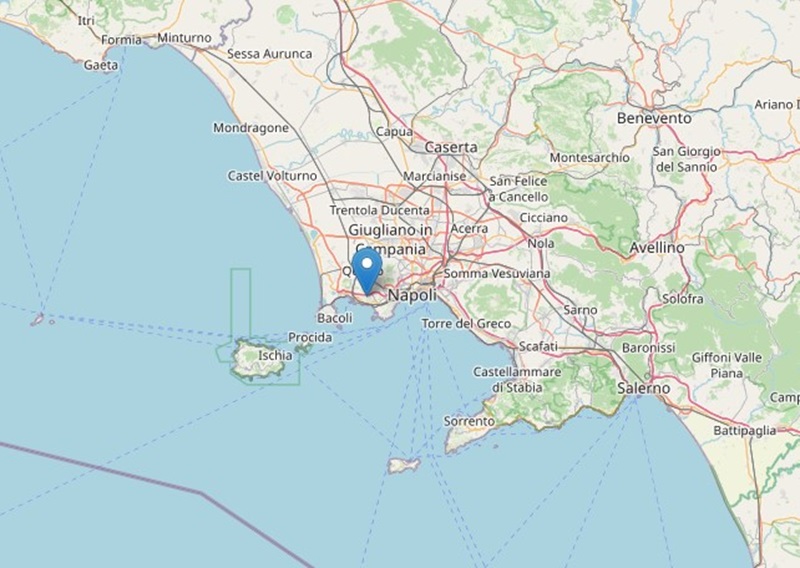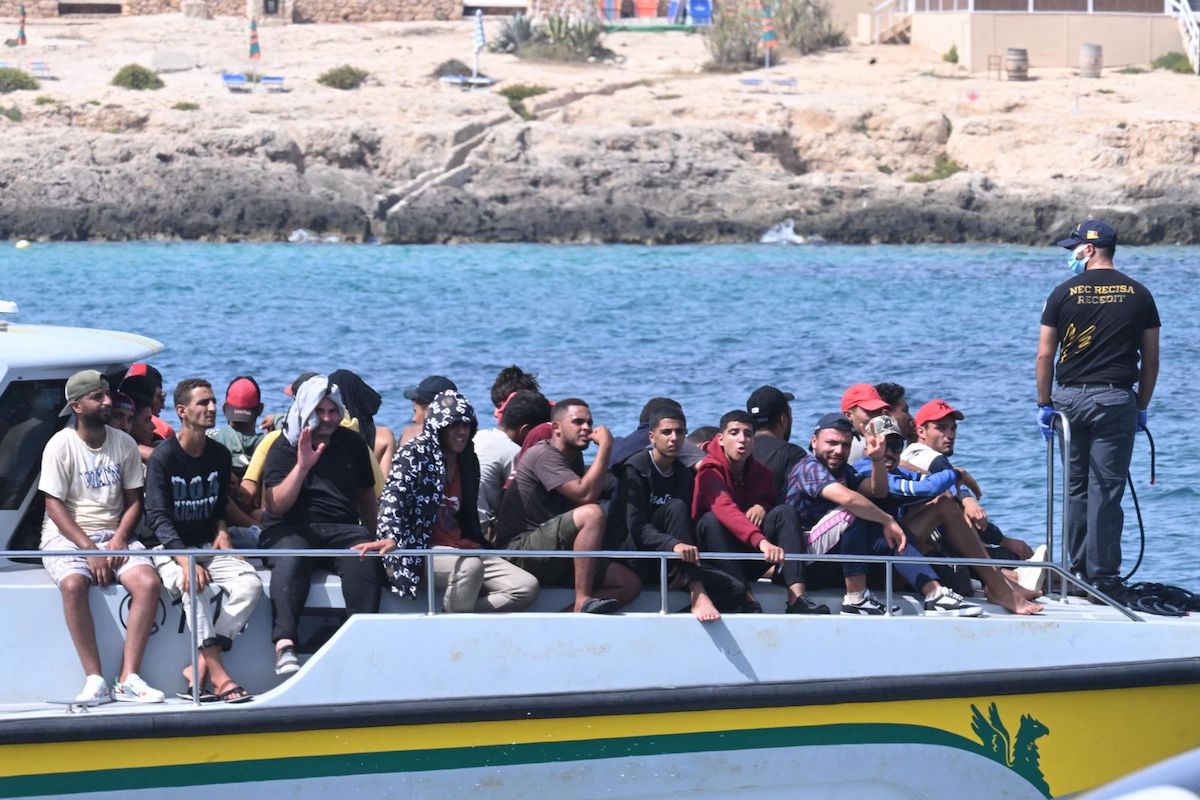Libya “is not a safe port”. The repatriation of migrants to this North African country constitutes the crime of “abandonment of minors or incapable persons in a state of danger and arbitrary disembarkation and abandonment of persons”. These are the key passages of a judgment of the Court of Cassation intended to establish jurisprudence, since it prohibits the now established practice and international agreements which grant subsidies to the Libyan coast guard so that they can slow down migratory flows. An objective which, in this African country, has also been pursued with violence. According to the navigation code, in fact, people rescued at sea must be immediately transported to a safe place. The sentence is the one with which the commander of the tugboat Asso 28 arrives, which in July 2018 rescued 101 people near an oil platform in the Mediterranean then took them to Tripoli, entrusting them to a Libyan patrol boat.
“Migrants subjected to inhuman and degrading treatment in Libya”
The violence suffered by migrants in Libya is evident from the sentence, which specifies that people are “subjected to inhuman or degrading treatment in detention centers for foreigners”. Mass refoulement to a dangerous country is also prohibited by the European Convention on Human Rights. The sentence therefore seems intended to trigger dozens of appeals from humanitarian NGOs, which over the years have been blocked and sanctioned when they did not respect orders from the Libyan coast guard. The decisions of governments which have renewed the memorandum of understanding with Libya since 2017 are thus called into question. The Mattei plan could also be interesting, in the part between Italy and Libya.


